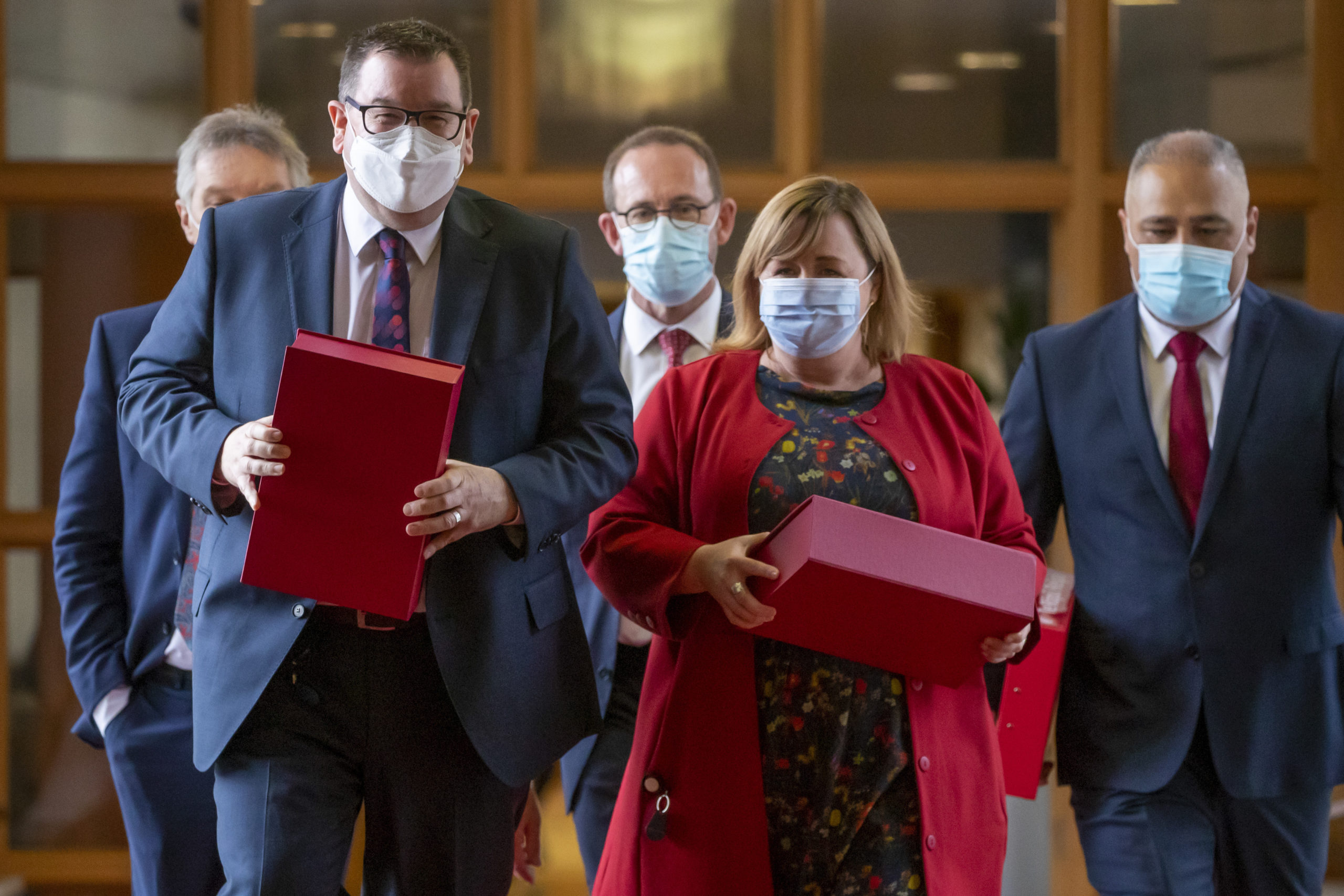 1
1 1
1
WELLINGTON, New Zealand (AP) — New Zealand’s government said Thursday it will hand out an extra few hundred dollars to more than 2 million lower-income adults to help them navigate what it describes as “the peak of the global inflation storm.”
The payments are part of a package of new measures announced in the government’s annual budget. Other plans include increasing health spending by a record amount, putting more money into reducing greenhouse gas emissions and boosting defense spending.
A report by Treasury painted a rosy picture of the nation’s economy through next year but warned growth would slow markedly from 2024 due to rising interest rates, a reduction in the government’s pandemic spending, and supply issues made worse by Russia’s invasion of Ukraine.
A Treasury report forecast unemployment would hit a low of 3.1% this year before rising to 4.7% by 2026. It predicted inflation would fall from its current 30-year high of 6.9% to 2.2% over the next four years.
The inflation payments of 350 New Zealand dollars ($220) over three months begin in August and are targeted at the half of all adults who earn less than 70,000 New Zealand dollars ($44,000) per year. The government also decided to extend some other temporary measures aimed at combatting spiraling living costs, including a cut to gas taxes and half-price public transportation fares.
“Our economy has come through the COVID-19 shock better than almost anywhere else in the world,” said Prime Minister Jacinda Ardern in a statement. “But as the pandemic subsides, other challenges both long-term and more immediate have come to the fore.”
Ardern has been isolating at her Wellington residence this week after catching the virus. Her office said she’d experienced moderate symptoms and was improving, and at this point still planned to travel to the U.S. next week for a trade trip and to give the commencement speech at Harvard University.
The record 1.8 billion New Zealand dollar ($1.1 billion) boost to health spending next year comes as New Zealand overhauls its publicly funded system by getting rid of a patchwork of 20 district health authorities in favor of a single system. The extra money will help pay off the debts of the district authorities, rebuild three hospitals and boost medicine spending.
“This is going to make a massive difference to every New Zealander, in terms of the health care that they get,” said Finance Minister Grant Robertson.
Treasury predicted the government’s books would return to the black by 2025 after it borrowed heavily during the pandemic. New Zealand’s net government debt is forecast to remain much lower than in most developed nations, peaking at 20% of GDP in 2024 before dropping to 15% two years later.
Earlier this week, the government announced a new initiative to help pay for lower-income families to scrap their old gas guzzlers and replace them with cleaner hybrid or electric cars as part of a sweeping plan to reduce greenhouse gas emissions.
The budget plan also included a boost of 660 million New Zealand dollars to defense spending over four years to cover the cost of depreciating assets.
Conservative opposition leader Christopher Luxon said the governing liberal Labour Party had an addiction to spending and the budget plans would put the economy into reverse, with New Zealanders experiencing the worst cost-of-living crisis in a generation.
The budget plan was expected to be quickly approved by lawmakers since the Labour Party holds a majority of seats in the Parliament.